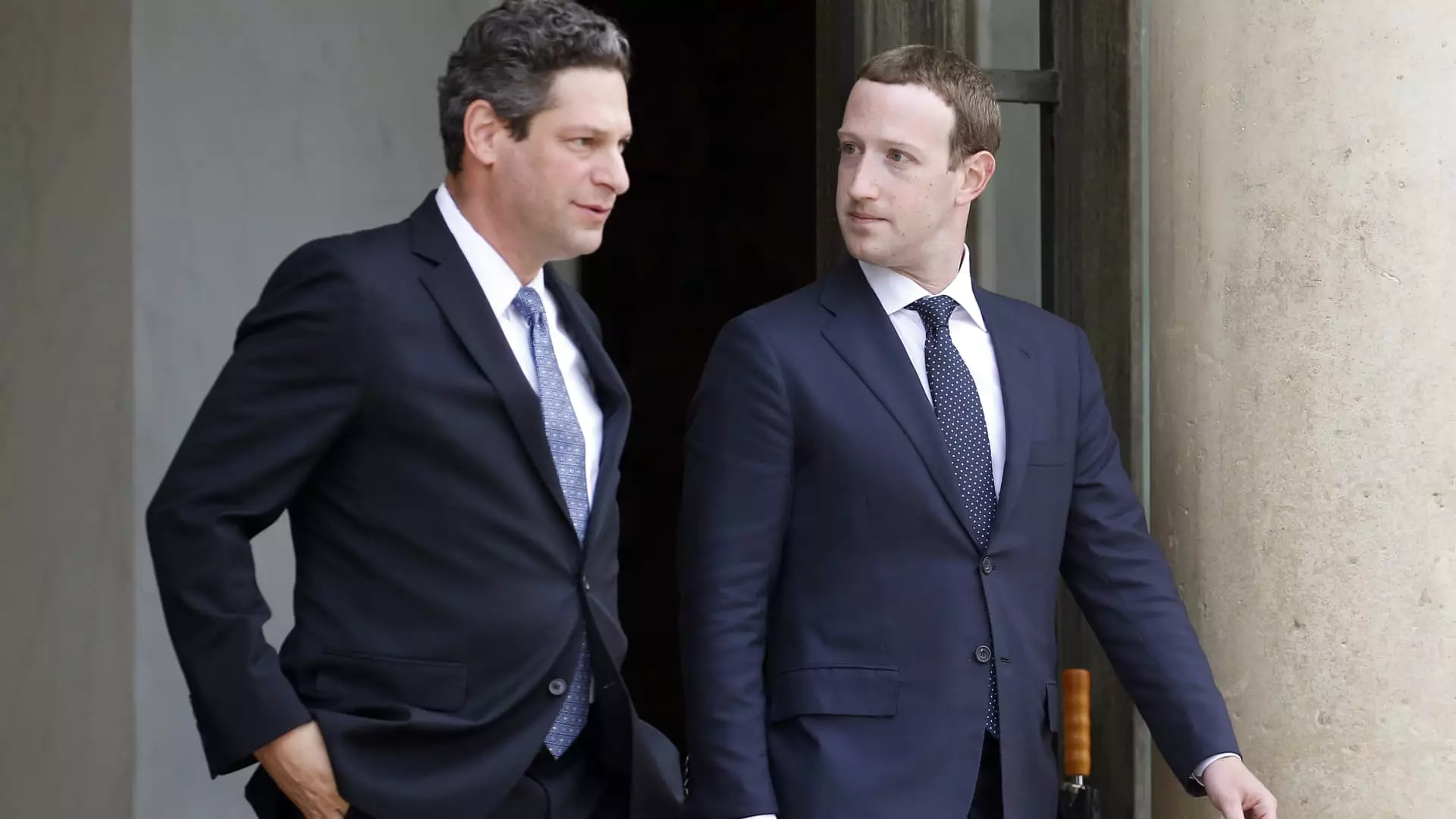In a significant restructuring, Facebook’s parent company Meta has announced the replacement of Nick Clegg, its President of Global Affairs, with Joel Kaplan, the current policy vice president. This move underscores a broader trend of technology companies recalibrating their strategies in anticipation of the incoming presidential administration. As the tech world braces itself for new regulatory landscapes and political dynamics, the transition raises questions about the future direction of Meta and its global engagements.
Nick Clegg, who previously served as the Deputy Prime Minister of the United Kingdom, joined Meta in 2018 and has since been pivotal in navigating the company through significant crises. These challenges included the Cambridge Analytica scandal, which thrust Facebook’s data privacy practices into the spotlight and prompted intense scrutiny from regulators and the public alike. Clegg’s tenure has been marked by efforts to enhance Meta’s image while addressing growing concerns over the platform’s role in democratic processes and the dissemination of harmful content.
Clegg’s departure, within weeks of a major political transition in the United States, looks more than coincidental. His exit reflects a critical moment in which tech companies are recognizing the need for alignment with political trends and regulatory expectations. His successor, Joel Kaplan, brings a different background to the table that may signify a shift in Meta’s policy approach. Kaplan’s experience as a former staffer for President George W. Bush not only connects him to a Republican legacy but also indicates a potential pivot towards a more conservative political stance during a time when partisan divides are accentuated in policy discussions.
Joel Kaplan’s ascension to the role of Chief Global Affairs Officer is emblematic of a strategic maneuver by Meta to solidify its position amidst a changing political environment. His previous roles have equipped him with insights into the mechanisms of governance and regulatory frameworks, which could be advantageous as the Biden administration approaches issues such as data privacy, misinformation, and content moderation.
Kaplan’s appearance at prominent events, such as the New York Stock Exchange alongside Donald Trump’s Vice President-elect J.D. Vance and his presence during Supreme Court Justice Brett Kavanaugh’s confirmation hearing, demonstrate his engagement with notable political figures. This fosters speculation regarding how Kaplan may navigate the relationships between Meta and future policymakers. Given the current scrutiny faced by major tech companies, Kaplan’s background might suggest a strategy of more robust advocacy for conservative approaches to regulation and policy.
Moreover, Clegg’s remarks regarding the transition highlight an acknowledgment of the evolving landscape in which “big tech” operates. The industry is facing increasing pushback from various sectors, which necessitates a more proactive engagement with lawmakers. Clegg’s recognition of the significant resetting of the relationship between technology and societal expectations speaks to a critical need for companies to adapt rapidly to new regulatory norms.
The shift in leadership also invites broader implications for Meta’s global strategy. With Kaplan’s political connections, one could speculate on the potential for altered engagements with international stakeholders and governing bodies. The transition occurs during a time when Meta is striving to stabilize its global presence amidst growing regulatory scrutiny in various countries, including Europe and India, where data privacy laws are becoming more stringent.
Additionally, Kaplan’s collaboration with David Ginsburg, the vice president of global communications and public affairs, may signify a more coordinated approach to managing Meta’s public image while facing the complexities of legislation that may arise in the near future. The confluence of their experiences could either bolster or challenge Meta’s public relations strategies as they tackle pressing issues such as misinformation and hate speech on social media platforms.
Nick Clegg’s resignation and the appointment of Joel Kaplan represent a pivotal juncture for Meta as it navigates through a rapidly evolving political and regulatory landscape. The decision points to a proactive adjustment in leadership aimed at enhancing the company’s responsiveness to the increasing pressures of global governance. As Meta embarks on this course of change, the results of these strategic moves remain to be seen, but they undoubtedly signal an intent to align more closely with the shifting currents that define the intersection of technology and politics. The coming months will reveal whether this leadership transition will foster a renewed direction for Meta’s global outreach and policy advocacy.

